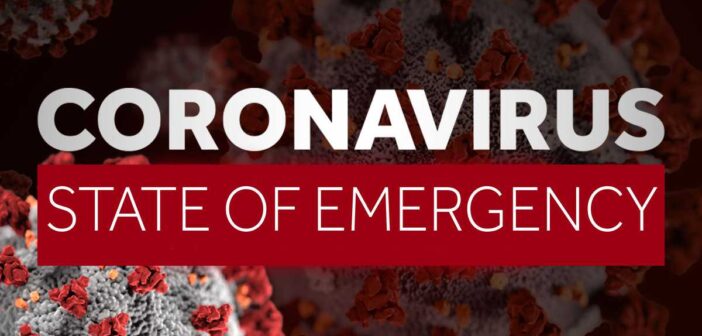The state of emergency in place to contain and control the spread of COVID-19, and which is scheduled to expire on July 14, is set to be extended until November.
The House of Representatives, where the ruling New National Party (NNP) occupies all the seats, will meet on May 21 at which time the extension is expected to be approved.
Under the State of Emergency, the Emergency Powers Act is activated, providing legal guidelines for the movement of citizens and the operation of businesses.
Restrictions under the current State of Emergency include: a midnight to 4:00 am curfew; the mandatory wearing of face masks or face coverings in public; closure of all businesses by 10:00 pm; a maximum of 20 people allowed at weddings and funerals and no social gatherings without permission.
However, the COVID-19 Committee and the Royal Grenada Police Force can grant special permission to any individual or organisation that is desirous of having a one-off event that falls outside the regulations.
During last Tuesday’s post-Cabinet briefing, Superintendent Vannie Curwen, officer in charge of Community Relations, said lawmen will be stepping up enforcement of all the clauses in the current regulations. Police are allowed to issue tickets to individuals in breach of the regulations.
Violators of the Emergency Powers regulations can be fined a maximum of EC$1,000 (US$370) or 12 months’ imprisonment; violators of the quarantine regulations can be fined a maximum of EC$25,000 (US$9,253) or six months in prison while the maximum penalty under the Public Health Act is a fine not exceeding EC$500 (US$185) and imprisonment for a term not exceeding 12 months.
Grenada has recorded 161 COVID-19 positive cases since the first person was diagnosed in March 2020.
